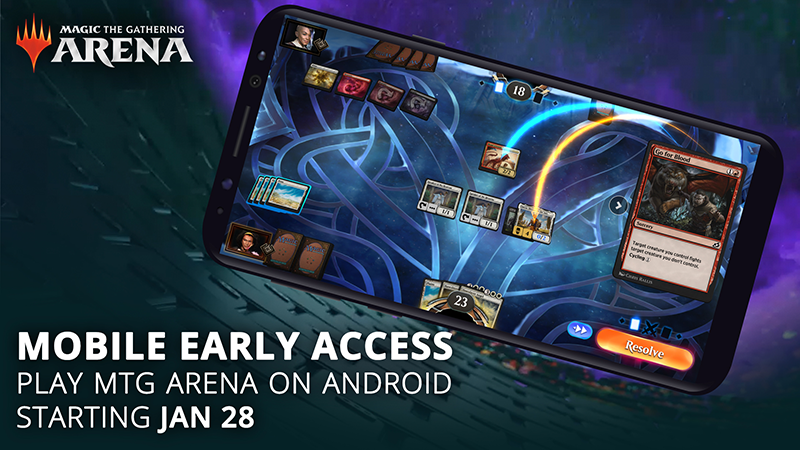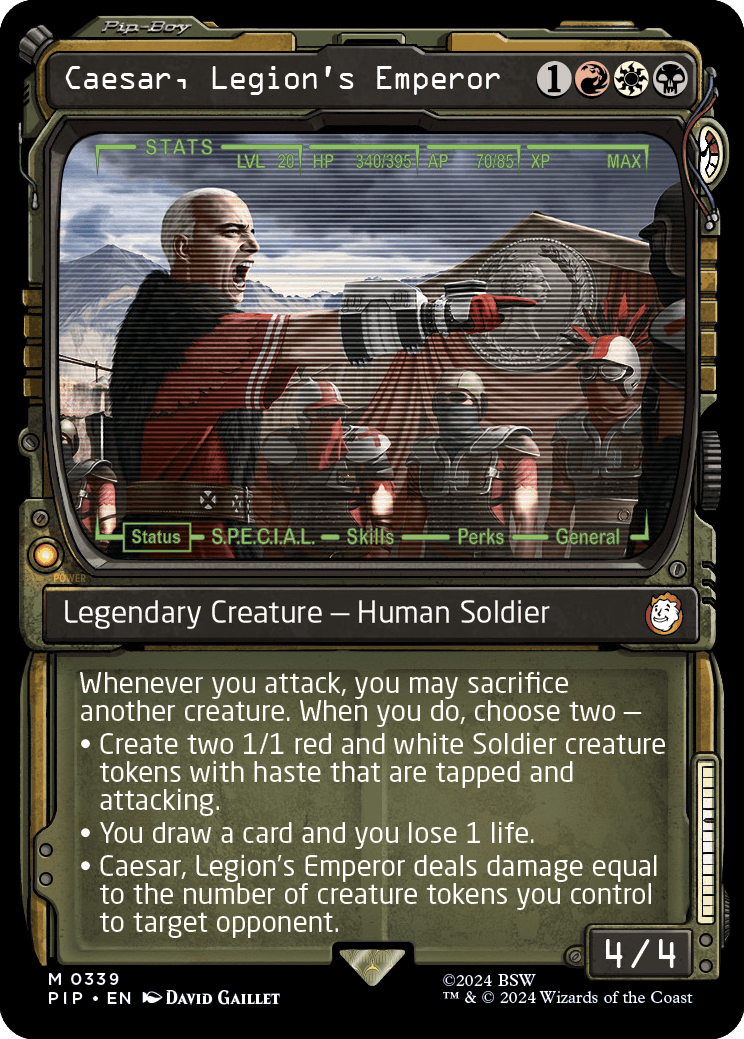Excellent News To Selecting MTG Card Prices
Wiki Article
What Exactly Are Magic: The Gathering (Mtg) Trading Cards?
Magic: The Gathering (MTG) is a collectible cards game developed by mathematician Richard Garfield and published by Wizards of the Coast. The game was first released in 1993. Since then, it has become a worldwide phenomenon.
Gameplay: Players assume the roles of wizards, dubbed "planeswalkers" playing with cards to symbolize magic spells.
Cards - There are many kinds of cards such as creatures, spells or artifacts. Other cards include planeswalkers, lands, and planeswalkers.
Deck Building- Players create their decks by using at least 60 cards. These can be of various colors, and also include mana (the magic resource in the game).
Game Goals. The players' goal is to cut down the total life of their opponent from 20 to 0 through summoning creatures or casting spells, and then using their cards strategically.
Trading Cards
Collectorship - Some cards from MTG because of their rarity, art, or abilities are very collectible. Collectors and gamers alike will be fascinated by these cards.
Expansions and Sets - The game introduces new expansions and sets every so often, adding new mechanics, cards, as well as themes for the game.
Value and Market - Some cards, particularly difficult to find or rare cards, may have significant financial value on the secondary market, where people are able to buy, sell and trade cards.
Formats and Playstyles-
Standard- Uses the latest sets and has a rotating card pool.
Modern, Legacy & VintageThis lets cards from different sets, catering to various styles and preferences.
Limited Formats. Draft format and sealed format. format where players build their decks from the limited pool of cards. It adds a sense of an element of randomness, and also adds the element of strategy.
Competitions and Community
Local and global community Players meet at game stores, conventions, and tournaments to socialize, play and trade.
Competitive Play- Organized play includes tournaments, championships, professional and professional events that have significant prize pools.
Cultural Impact
MTG's fans are extremely loyal and has had an impact on other media like video games, novels comics, even content on the internet.
Magic: The Gathering provides a diverse range of gameplay games for players of all skill levels. Have a look at the top rated mtg value for more recommendations including magic formats, best mtg cards, magic card sets, mtg finance, mtg collection, magic the gathering prices, mtg magic, magic the gathering cards prices, mtg collection, card collection and more.

What Can Mtg Magic The Gathering Artifact Card Do? What Are The Pros?
Magic: The Gathering has artifacts which are not creatures such as land cards, however they represent mysterious devices, objects and other constructs. They are often equipped with unique capabilities or special features. Pros and cons of these devices.
Artifacts' versatility is their strongest strengths. They are capable of many different effects. From providing mana to boosting the power of creatures, drawing cards, controlling a board and even being a win condition itself. Artifacts are versatile, allowing to be integrated into numerous deck strategies.
Persistent Effekte - Artifacts in the battlefield are usually in place until removed. They can have a an impact that lasts for a long time or offer benefits that continue to impact the game.
Artifacts that are colorless aren't color specific. This lets them be included in decks of different colors without affecting mana's consistency.
Synergies - Artifacts are able to effectively synergize with other types of cards, such as spells, creatures, and enchantments. These can result in powerful interactions that could enhance a player’s strategy.
Cons-
The artifacts could be targeted by spells or effects that target them, and they can be destroyed. Artifacts are neutralized or destroyed by cards that have specific interactions.
Resource Cost - Some powerful artifacts come with high mana costs. This makes them difficult to cast early in the game. This can hinder a players' strategy or make them vulnerable to early turns.
Artifact Removing- Certain players or strategies could be focused on removing artifacts. This can render them less useful or remove their benefits entirely out of the game.
Dependence on other Cards Certain artifacts need the support of other cards in order to fully realize their potential. Their efficiency will be reduced if they do not have this support.
Like other card types in Magic The Gathering, artifacts play an significant roles in deck building and strategy. Their unique effects can enhance different strategies, and the fact that they are able to be used in many archetypes of decks makes them an essential component in many Magic: The Gathering Decks. It is crucial to take into consideration the possibility of being removed as well as their dependence on other cards when making the deck. Check out the recommended sell mtg cards for website info including buy mtg cards, magic the gathering card lot, best magic of the gathering cards, magic tcg prices, top magic cards, magic cards value, sell mtg, magic the gathering search, trading card collection, cards shop and more.

What Are The Magic The Gathering Cards Used To Do? What Are The Pros And Pros And
Planeswalker cards in Magic: The Gathering represent powerful allies that players can summon to aid them in battle. Their unique abilities add new depth and strategic value to the game. Here are their pros and cons.They are a great addition to any team.
Planeswalkers' versatility is their most valuable asset. Each time they turn the table, they can have a variety of possibilities to choose from such as dealing damage or creating tokens. They can also draw cards, control the game's board, win the game, and many more.
Loyalty Counters: Planeswalkers may unlock their power by using loyalty counters. These abilities can impact the game state, either by affecting the battlefield directly or by enabling the player to establish board presence or to control.
Decentralize Threats- Planeswalkers often divert attention away from player's whole life or other creatures that force opponents to choose whether to attack the planeswalker or focus on other elements of the game.
Game Impact. Many planeswalkers are equipped with a range of powerful abilities that, when activated, can swing the game in the user summoning it's advantage, potentially providing the opportunity for victory.
Cons-
Potential for vulnerability. Planeswalkers have the potential to be targeted by spells or abilities, and attacked by creatures. If their loyalty counters are zero, they are removed from the field, making them vulnerable.
Resource Costs- Some powerful Planeswalkers are expensive to cast, which makes them more difficult in the early stages of the game. This could hinder a player's plan of attack, or render them vulnerable in the beginning game.
Limitation on Loyalty: Planeswalkers have a limited number of loyalty counters they can lose when using their abilities, or if they are attacked. They may not last long if they're not adequately protected or supported.
Timing and Strategy- activating the appropriate abilities at the right time and managing the loyalty counters in a timely manner is vital. Incorrect management of abilities or bad timing can minimize the impact a planeswalker has on the game.
Planeswalkers possess distinctive and powerful abilities that usually determine their gameplay. Players can use them to control the battlefield, ensure victory and create advantages. However, their vulnerability and dependence on loyalty counters means they must be managed with care and carefully planned to maximize effectiveness. Have a look at the best buy and sell cards for more info including magic the gathering finance, magic gathering decks, magic tournaments, best decks in magic, magic the gathering cards prices, buy mtg cards, mtg rares, sell mtg cards, buy sell trading, magic tg cards and more.
